Space
Sign up for our newsletter
We summarize the week's scientific breakthroughs every Thursday.
-
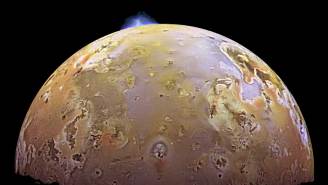 Space
SpaceIo may have an underworld magma ocean or a hot metal heart
New calculations support dueling ideas for what powers the ubiquitous volcanoes on the hellish surface of Jupiter’s innermost moon.
By Nikk Ogasa -
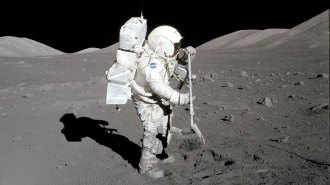 Space
SpaceHumans haven’t set foot on the moon in 50 years. That may soon change
In 1972, the era of crewed missions to the moon came to an end. Fifty years later, a new one has begun.
-
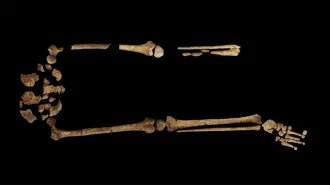 Life
LifeHere are 5 record-breaking science discoveries from 2022
The earliest surgery, fastest supercomputer and biggest single-celled bacteria were some of this year’s top science superlatives.
By Erin Wayman -
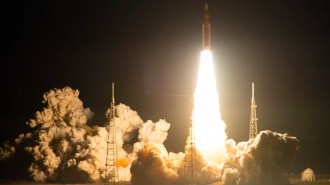 Astronomy
AstronomyThe James Webb Space Telescope wasn’t the only big space news in 2022
DART crashed into an asteroid, Artemis went to the moon and we got a pic of our galaxy’s monstrous black hole. Space was a busy place this year.
-
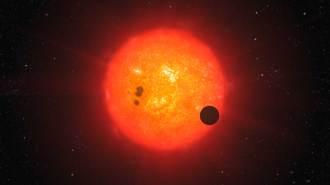 Astronomy
AstronomyThe James Webb telescope is getting glimpses of small, far-off planets
Hints of one exoplanet atmosphere’s chemical makeup and the discovery of a planet orbiting another star are two of the telescope’s early successes.
-
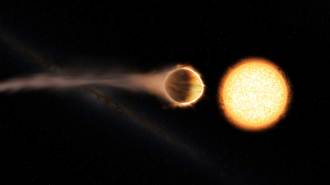 Astronomy
AstronomyThe first planet found by the Kepler space telescope is doomed
The exoplanet dubbed Kepler 1658b is spiraling toward its host star and will meet a fiery death in less than 3 million years.
-
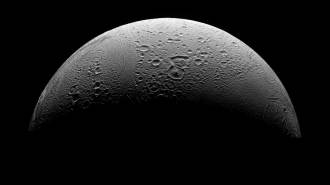 Planetary Science
Planetary ScienceThe last vital ingredient for life has been discovered on Enceladus
The underground ocean on Saturn’s icy moon may contain phosphorus in concentrations thousands of times greater than those found in Earth’s ocean.
By Nikk Ogasa -
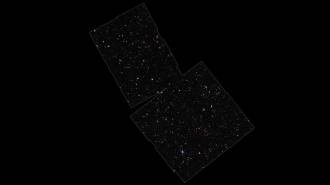 Astronomy
AstronomyHow the James Webb telescope’s glances back in time are reshaping cosmology
The observatory has found dozens of galaxies from less than 550 million years after the Big Bang, suggesting galaxies formed faster than once thought.
-
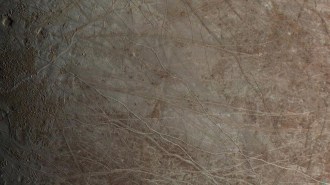 Space
SpaceNASA’s Juno spacecraft’s mission has lasted longer than expected
NASA’s Juno spacecraft continues to send back revealing new close-ups of Jupiter and its closest moons.
-
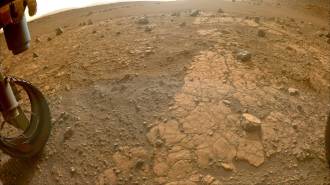 Planetary Science
Planetary ScienceNASA’s Perseverance rover captured the sound of a dust devil on Mars
A whirlwind swept over Perseverance while its microphone was on, capturing the sound of dust grains hitting the mic or the NASA rover’s chassis.
By Sid Perkins -
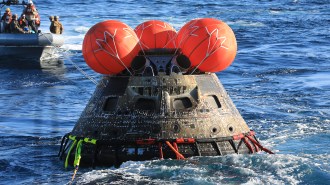 Space
SpaceArtemis 1’s Orion capsule returned safely to Earth. What’s next?
The first test flight in NASA’s return to the moon Artemis program ended well with the uncrewed capsule splashing down in the Pacific Ocean.
By Liz Kruesi -
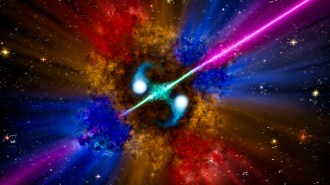 Astronomy
AstronomyA bizarre gamma-ray burst breaks the rules for these cosmic eruptions
The 50-second gamma-ray burst is the first that unambiguously breaks the rule that long bursts usually come from supernovas.